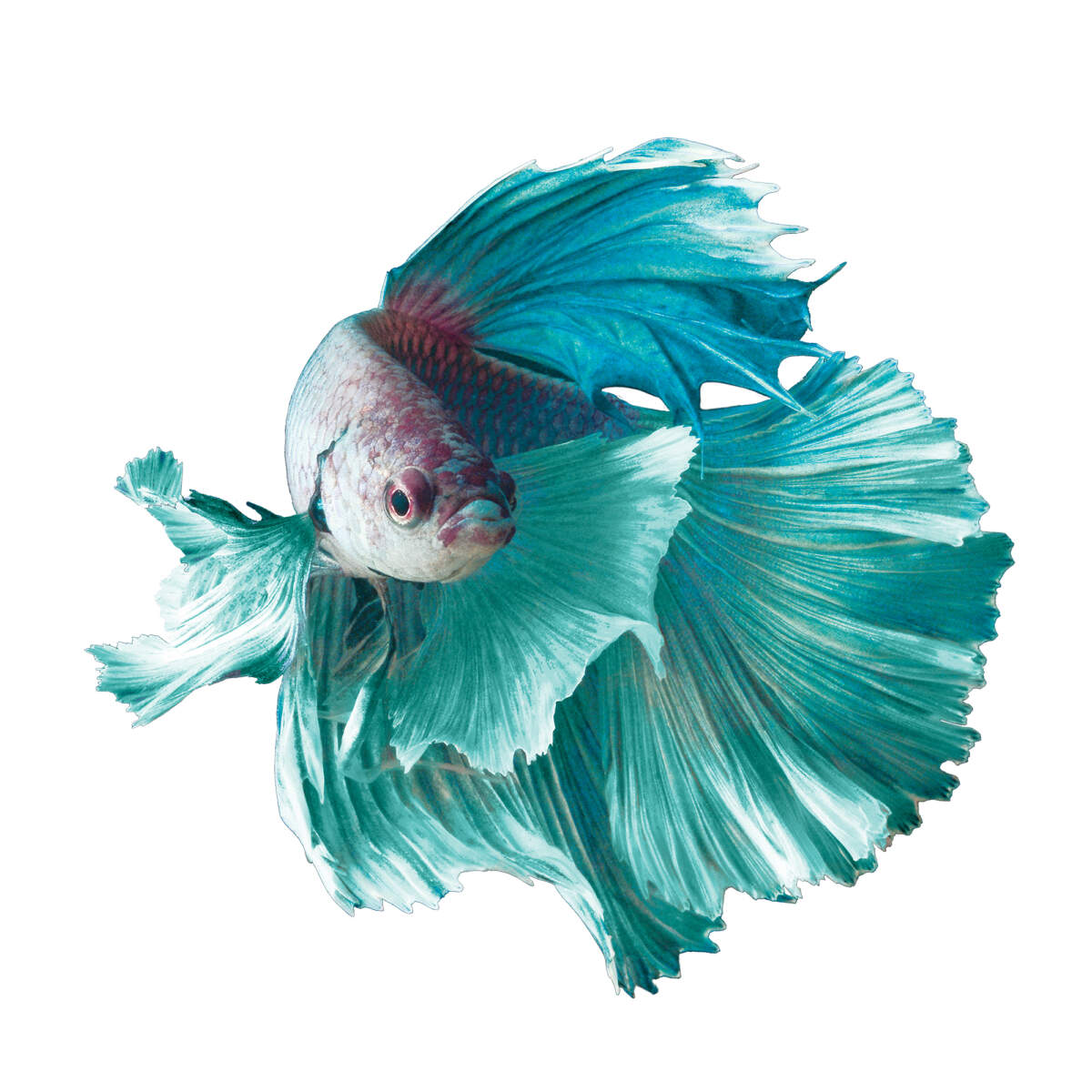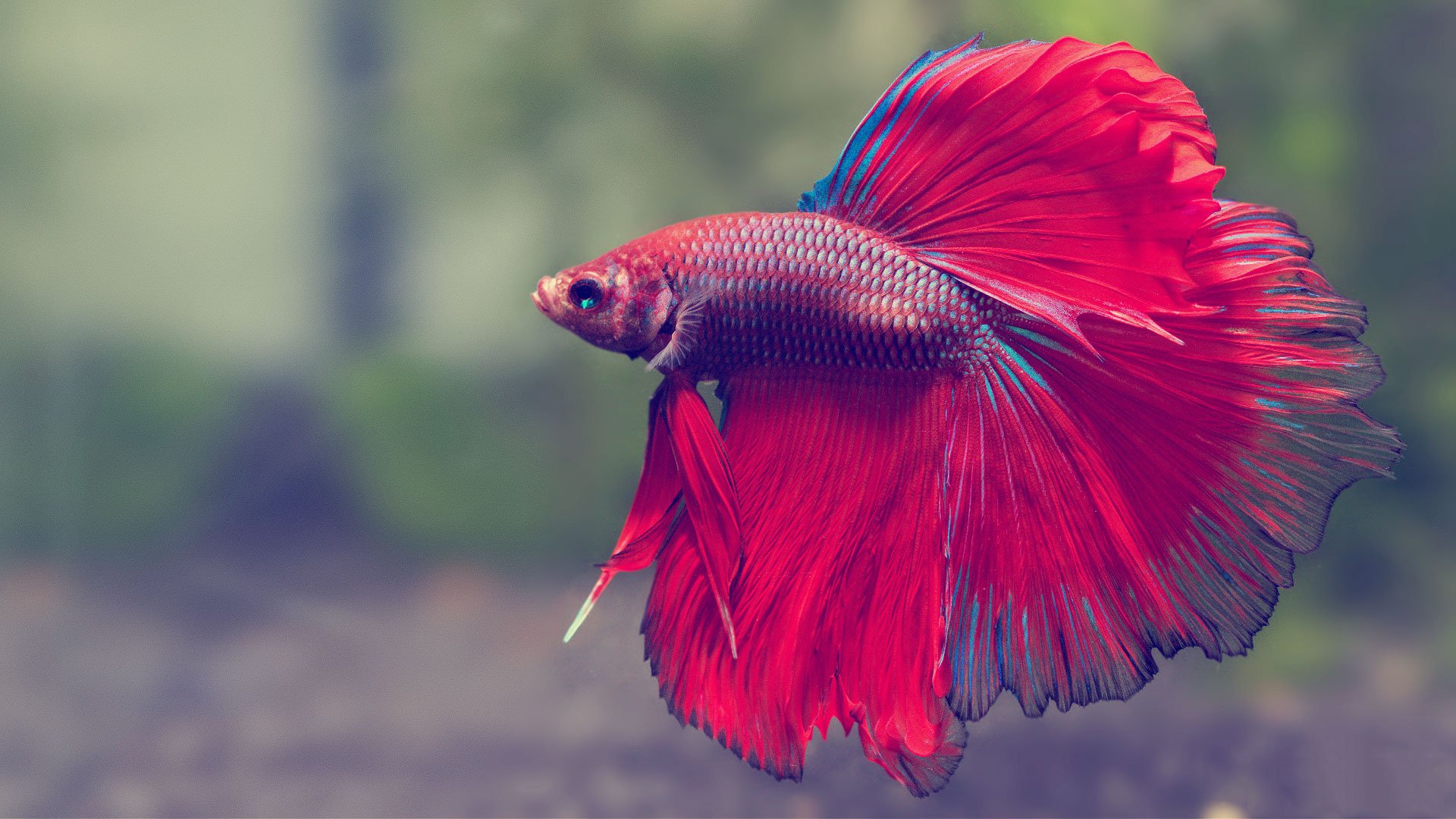Betta Fish Care: Essential Tips for a Healthy and Pleased Animal
Wiki Article
All Regarding Betta Fish: Understanding Their Special Needs, Habits, and the most effective Practices for Ideal Treatment
Understanding the distinct requirements and habits of Betta fish is crucial for any aquarist looking to provide optimal care. betta fish. As we discover these aspects even more, the ramifications for both amateur and skilled fish caretakers come to be increasingly evident, elevating inquiries about how ideal to accommodate these remarkable fish in our homes.Betta Fish Summary
Although typically appreciated for their dynamic colors and flowing fins, Betta fish, scientifically called Betta splendens, are complex creatures that require particular like thrive. Stemming from Southeast Asia, these freshwater fish are recognized for their territorial nature and special habits. Betta fish exhibit sexual dimorphism, with men showing much more vivid shades and longer fins than ladies.Their aggressive tendencies, specifically amongst males, require careful factor to consider when real estate them. Bettas are commonly kept in single-specimen tanks to protect against territorial disagreements. Nevertheless, they can coexist quietly with specific suitable types in larger area storage tanks, provided the setting meets their demands.

To guarantee ideal treatment, aquarists need to recognize their unique behavioral characteristics, dietary requirements, and environment needs. betta fish. With correct focus, Betta fish can show their vibrant personalities and flourish in a well-maintained aquarium setting
All-natural Habitat and Environment
Betta fish grow in a varied variety of all-natural habitats, largely located in the shallow waters of Southeast Asia, including rice paddies, swamps, and slow-moving streams. These settings are defined by warm temperatures, typically in between 75 ° F and 82 ° F(24 ° C and 28 ° C ), and a pH level ranging from 6.5 to 7.5, which is excellent for their wellness and well-being.
In their natural environments, Betta fish are accustomed to thick greenery, providing both sanctuary and breeding premises. The existence of plants such as floating water lilies and thick yards not just offers protection from killers however also adds to the oxygenation of the water, which is crucial for their breathing needs. In addition, these settings frequently have locations of still water, allowing Betta fish to show their natural actions such as bubble nesting.
Comprehending the all-natural habitat of Betta fish is critical for aquarium enthusiasts. Reproducing these conditions-- with water temperature, pH balance, and the incorporation of online plants-- can dramatically improve the total health and long life of these captivating fish, guaranteeing they grow in a home aquarium setup.
Social Actions and Interactions
Recognizing the social behavior and interactions of Betta fish is crucial for successful fish tank monitoring. Betta fish, or Siamese fighting fish, are understood for their one-of-a-kind behavioral qualities, identified primarily by territoriality and hostility. Men, in certain, display extremely hostile actions towards one another, causing the infamous reputation of Betta fish as fighters. In a restricted area, two males can take part in terrible confrontations, frequently leading to injury or fatality.Conversely, female Bettas exhibit less aggressive behavior and can coexist in groups, known as sororities, if presented effectively. It is vital to check their browse around this site interactions closely, as hierarchy and prominence can lead to problems. Comprehending the dynamics within a Betta community is vital; establishing concealing areas and making sure adequate area can mitigate aggression.
Additionally, Betta fish may likewise present inquisitiveness her response and social habits towards other species. While they can exist together with certain non-aggressive container companions, it is important to select suitable types to avoid stress and anxiety and aggressiveness. Generally, acknowledging these social communications is crucial to fostering an unified aquarium setting for Betta fish.
Necessary Care Standards
Offering correct care for Betta fish is essential to their health and health. To ensure a successful environment, it is necessary to preserve optimum water conditions. The water temperature ought to be maintained between 76 ° F and 82 ° F(24 ° C to 28 ° C), while pH degrees should range from 6.5 to 7.5. Normal water modifications-- about 25% weekly-- aid maintain water high quality.Betta fish call for a suitable storage tank dimension; a minimum of 5 gallons is recommended to offer appropriate room for swimming and hiding. Include decors and plants to create a stimulating setting, yet avoid sharp things that could hurt their delicate fins.

Last but not least, ensure the tank is outfitted with a filter to maintain the water clean, but make use of a mild filter to avoid strong currents that Learn More can emphasize the fish. By complying with these vital care standards, proprietors can promote a healthy and balanced and lively Betta fish.
Common Health And Wellness Issues and Solutions
In the care of Betta fish, understanding of common health and wellness issues is necessary for maintaining their health. To treat fin rot, enhance water conditions and think about making use of a broad-spectrum antibiotic.One more common condition is ich, a parasitical infection defined by white areas on the fish's body (betta fish). Treatment includes enhancing water temperature level and adding fish tank salt to the storage tank, as this can help eliminate the parasite
Swim bladder condition is additionally regularly observed, causing buoyancy problems. This condition might emerge from overfeeding or irregular bowel movements. A fasting period of 24-48 hours, followed by a diet regimen of blanched peas, can supply relief.
Lastly, bettas might experience velvet condition, suggested by a gold dust-like appearance on their skin. Therapy normally calls for drug especially made for outside parasites, alongside enhanced container health.
Routine surveillance of water specifications, keeping a tidy setting, and giving a well balanced diet regimen are critical safety nets. By dealing with these wellness issues promptly, Betta fish can lead healthier, a lot more lively lives.
Final Thought
In summary, effective betta fish care calls for an understanding of their distinct requirements and habits. Routine surveillance of wellness and water top quality, along with a balanced diet regimen, adds to the durability and vibrancy of betta fish.Report this wiki page